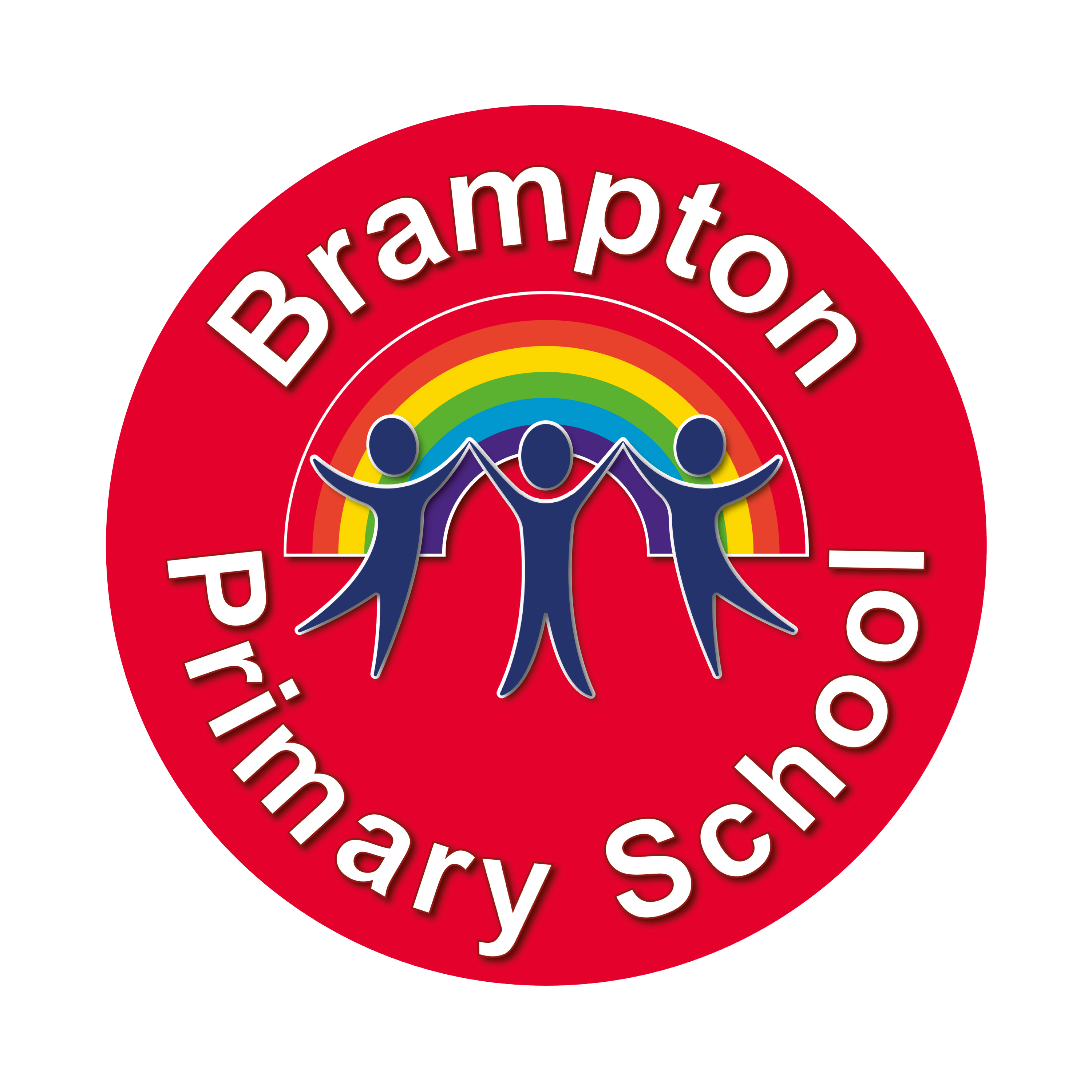Mathematics
Intent
The National Curriculum for Maths aims to ensure that children:
- Become fluent in the fundamentals of Maths
- Are able to reason mathematically
- Can solve problems by applying their mathematics
At Brampton Primary School these skills are embedded within the Maths curriculum and are developed over time. We are committed to ensuring that children are able to recognise the importance of Maths in the wider world and that they are able to use their mathematical skills and knowledge confidently in their lives in a range of different contexts. We want our children to enjoy Mathematics and to experience success in the subject, with the ability to reason mathematically.
Implementation
The children have a maths session each day based on a specific area of the new curriculum with a high focus on fluency, problem solving and reasoning. To ensure consistency and progression, the school follows the White Rose Scheme and is supplemented with other mastery resources such as those from the NCETM. This approach is supported by the school’s ongoing engagement with the DfE funded Maths Hub Mastery programme. This programme helps to ensure that staff at all levels understand the pedagogy of the approach.
Mathematical topics are taught in blocks to enable children to master their maths and deepen their understanding. To learn mathematics effectively you need to learn some concepts before others e.g. place value before addition and subtraction. Therefore, our curriculum emphasises number skills first, carefully ordered, throughout our curriculum. For some other topics, the order isn’t as crucial, e.g. shape and statistics need to come after number but don’t depend on each other. Topics are mixed so pupils have a wide variety of mathematical experiences in each term and year.
Children in Reception, year 1 and year 2 have taken part in the Mastering Number Programme from the NCETM since September 2021. This aims to secure firm foundations in the development of good number sense in early mathematics. This is an extra 10-15 minutes of daily number practice with the long term aim for children to leave Key Stage One with fluency in calculation and confidence and flexibility with number. Children in years 4 and 5 are taking part in the Mastering Number Programme for Key Stage Two which has been introduced in September 2023. The aim of the programme is to develop automaticity in multiplication and division facts through regular practice. This is used as an additional 10-15 minutes each day in addition to the maths lesson.
New concepts are shared within real-life contexts and teachers use careful questioning to draw out children’s discussion and their reasoning. The class teacher then leads children through strategies for solving the problem using the CPA approach.
Concrete – Children have the opportunity to use concrete objects and manipulatives to help them understand and explain what they are doing.
Pictorial – Children then build on this concrete approach by using pictorial representations, which can be used to reason and solve problems.
Abstract – With the foundations firmly laid, children can more to an abstract approach using numbers and key concepts with confidence.
Pupils start by manipulating objects, then use a range of pictorial representations and progress towards the abstract. Partner and independent work provide the means for all children to develop their fluency further, progressing to more complex related problems.
Impact
The school has a supportive ethos and our approach supports the children in developing their collaborative and independent skills, as well as empathy and the need to recognise the achievements of others. The White Rose Scheme ensures that all children experience challenge and success in Mathematics by developing a growth mindset. Regular and on-going assessment informs teaching, as well as intervention, to support and enable the success of each child.
